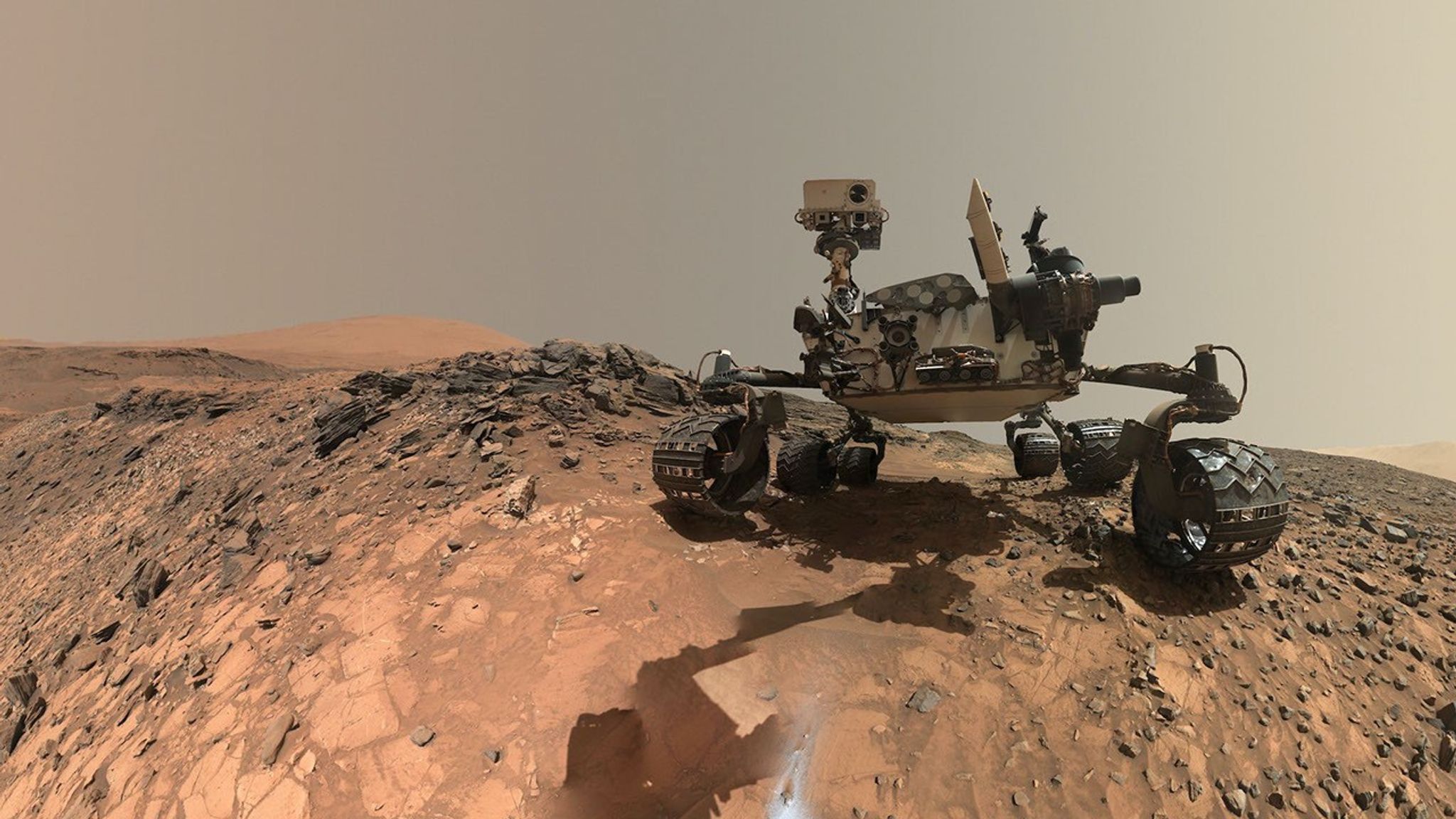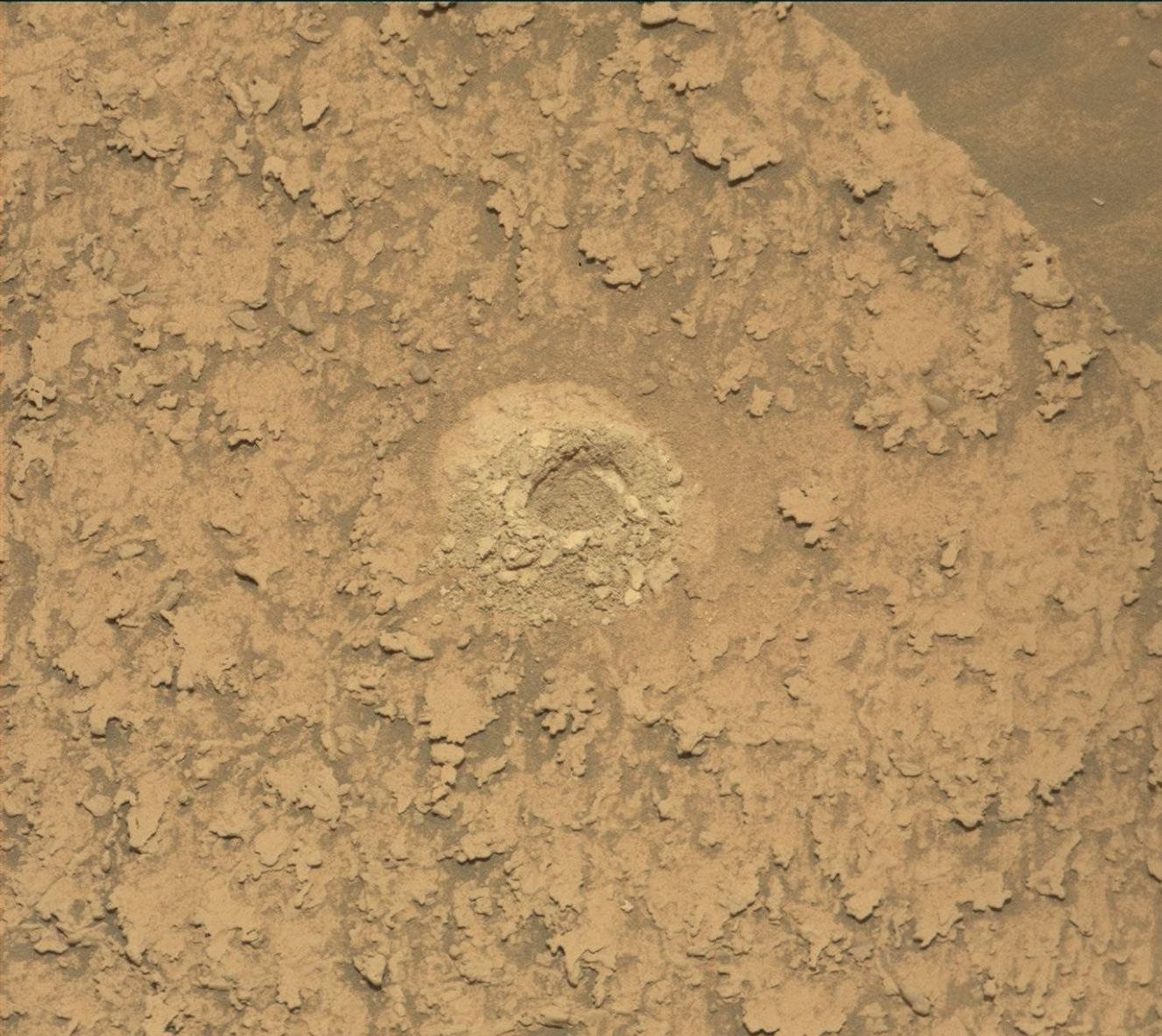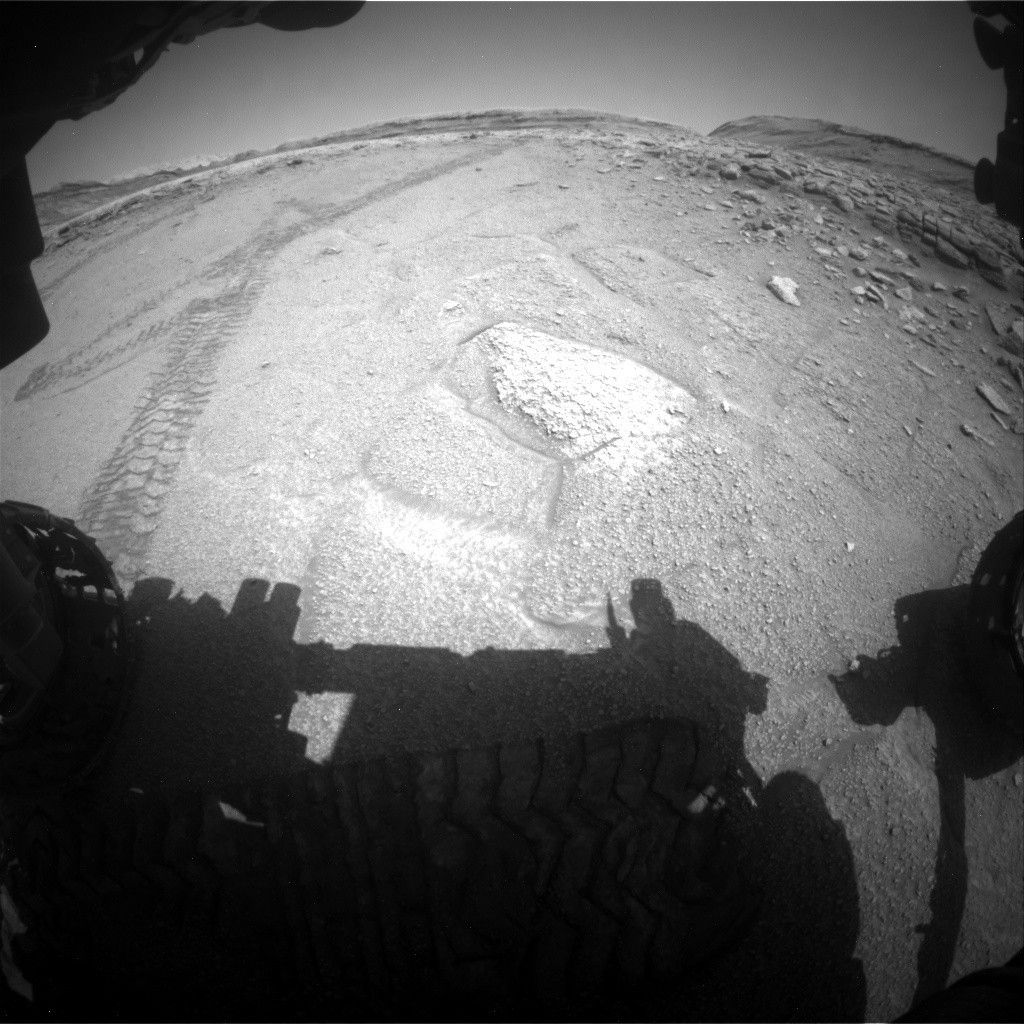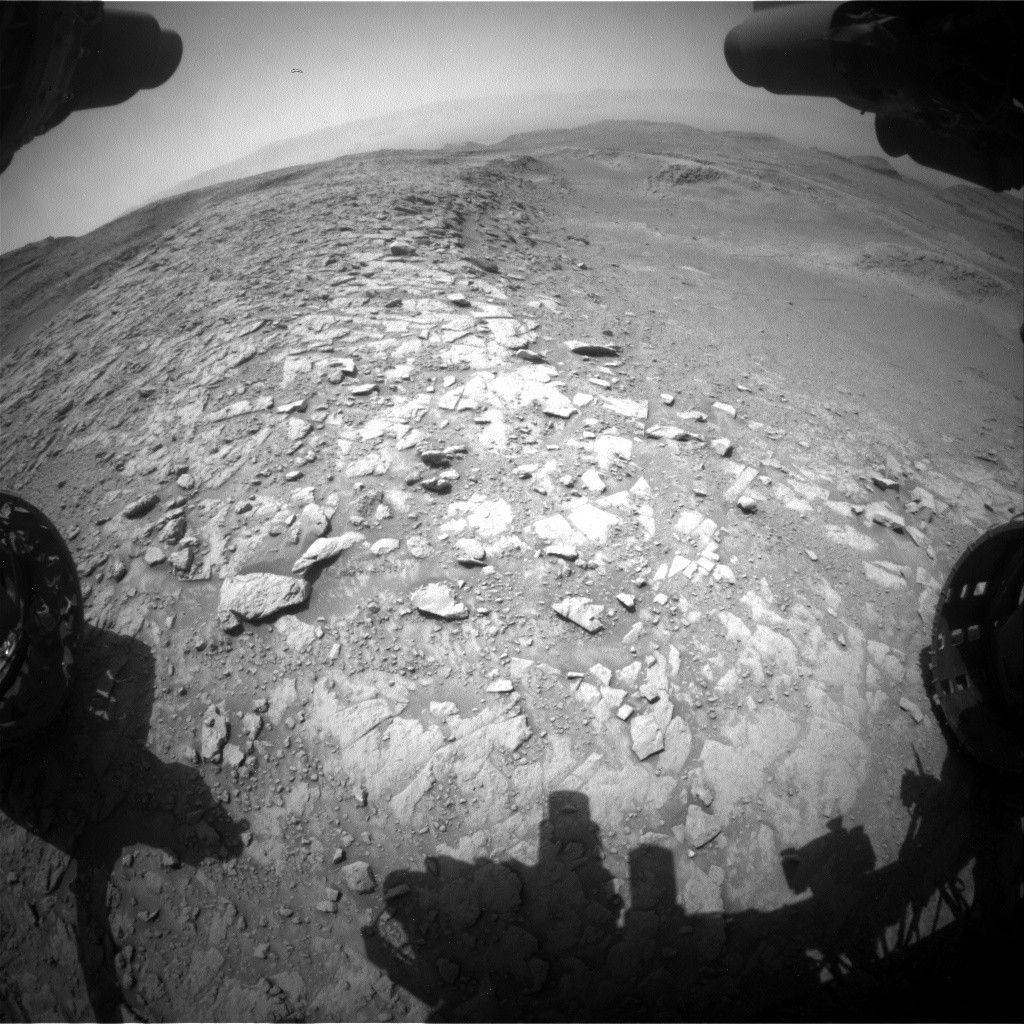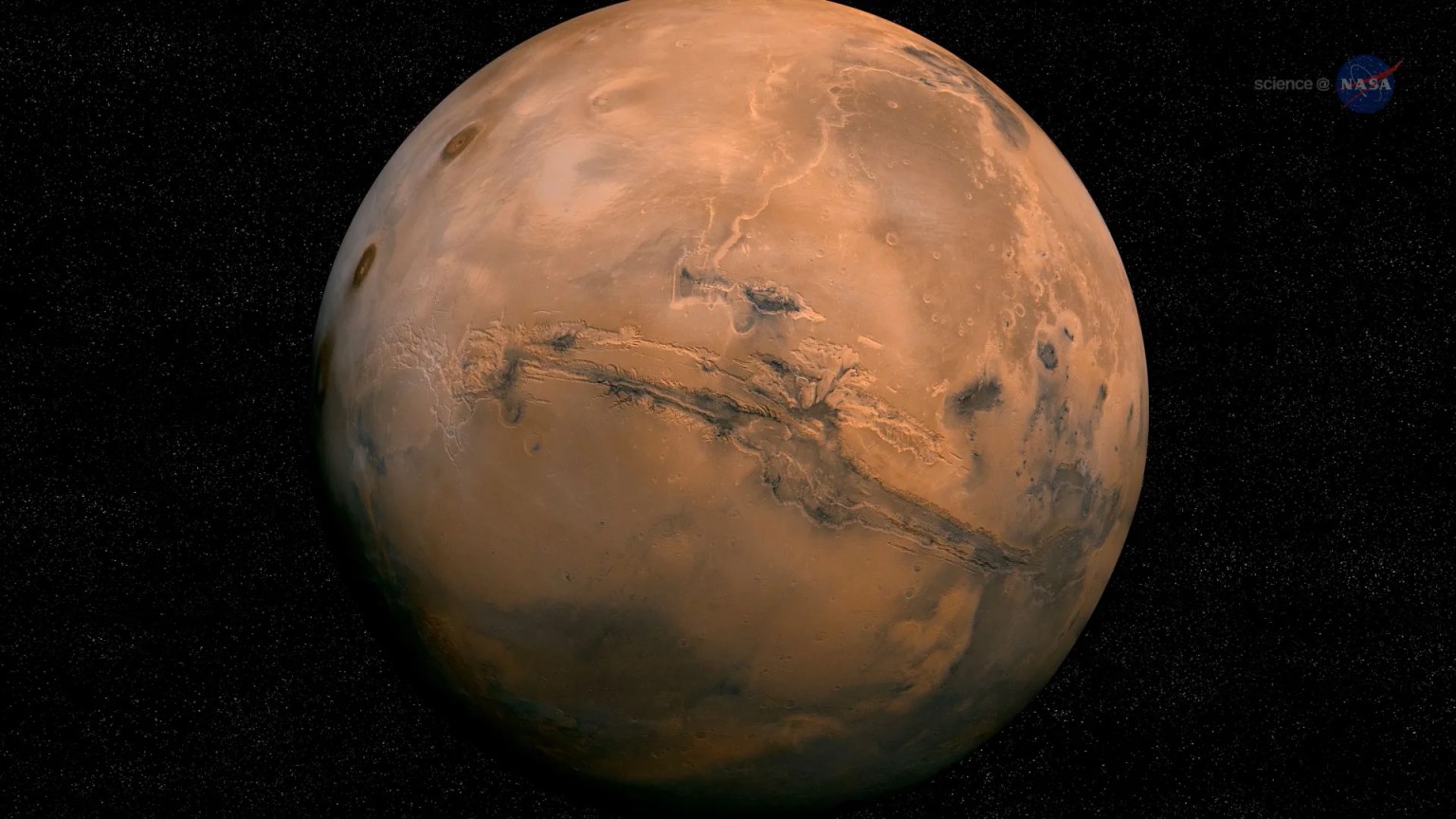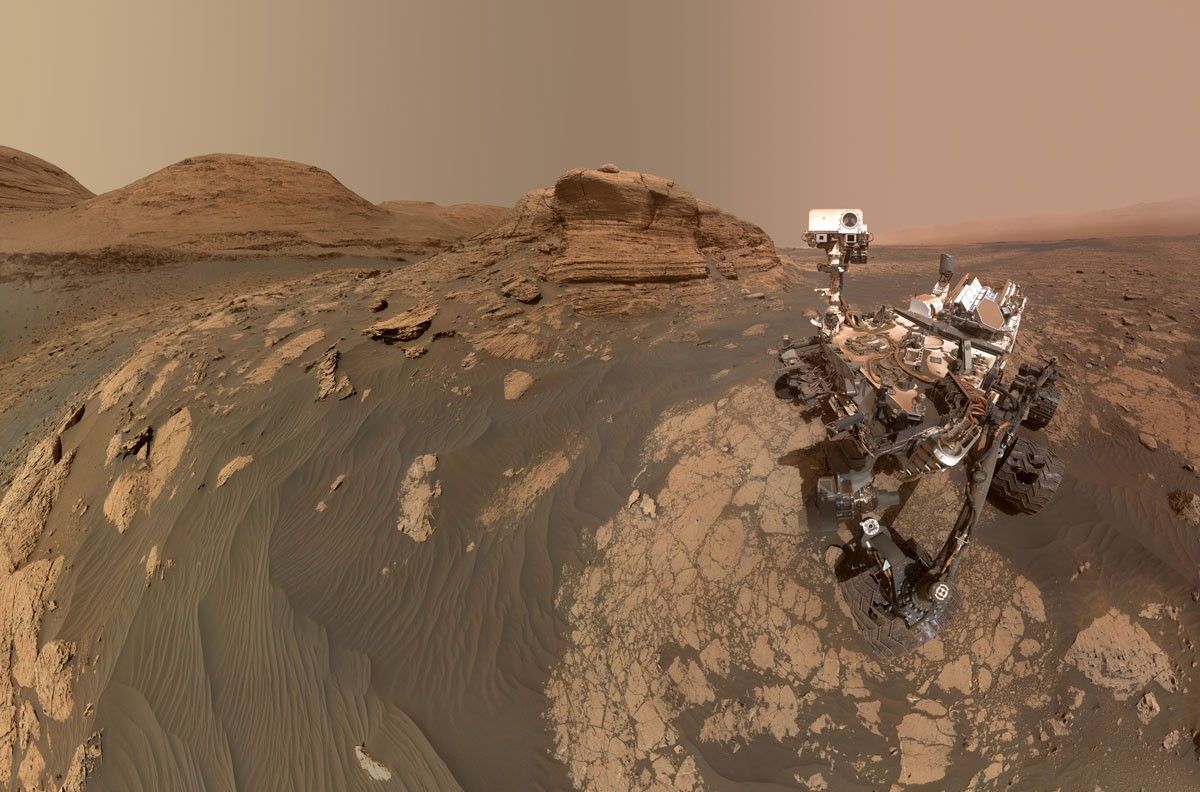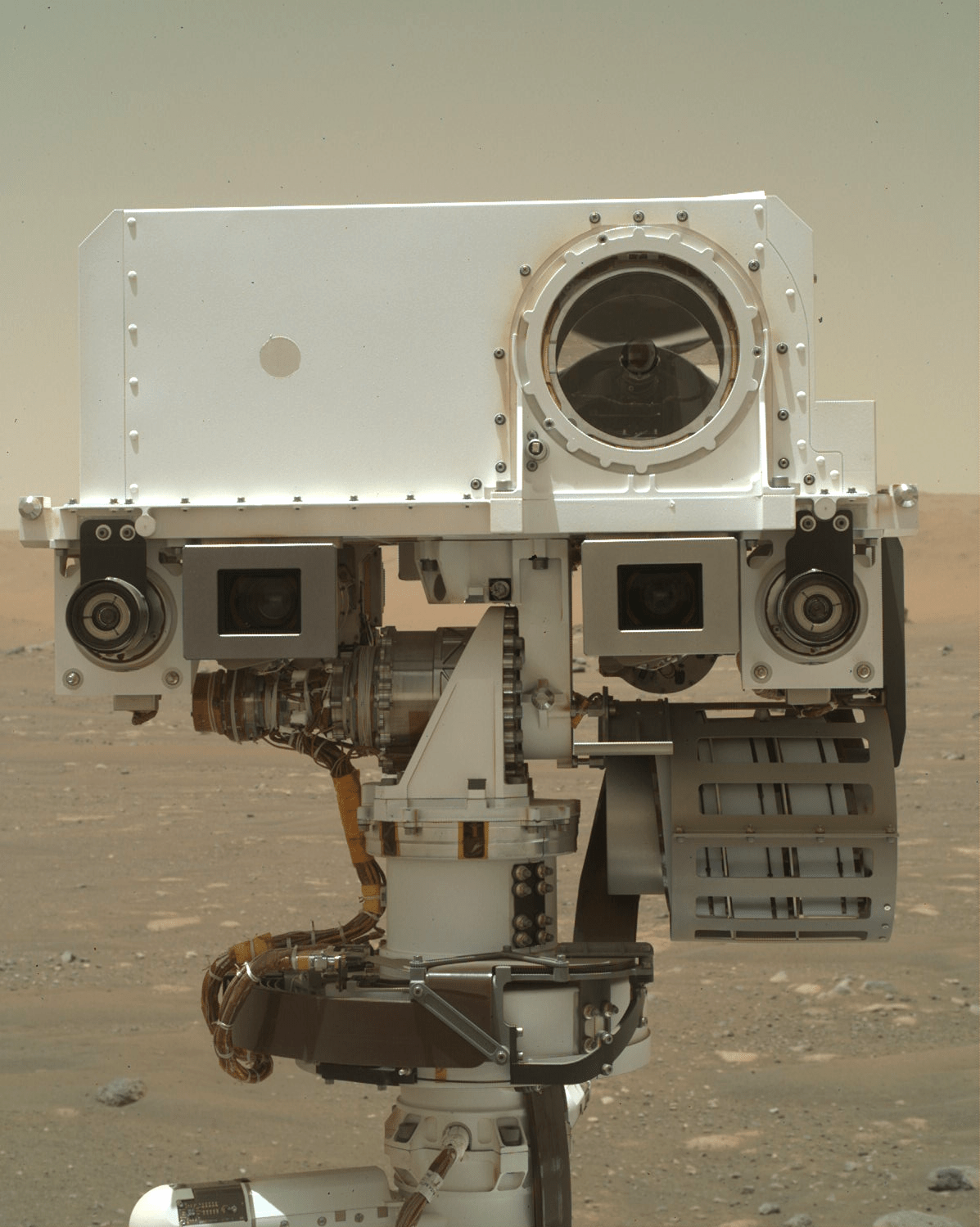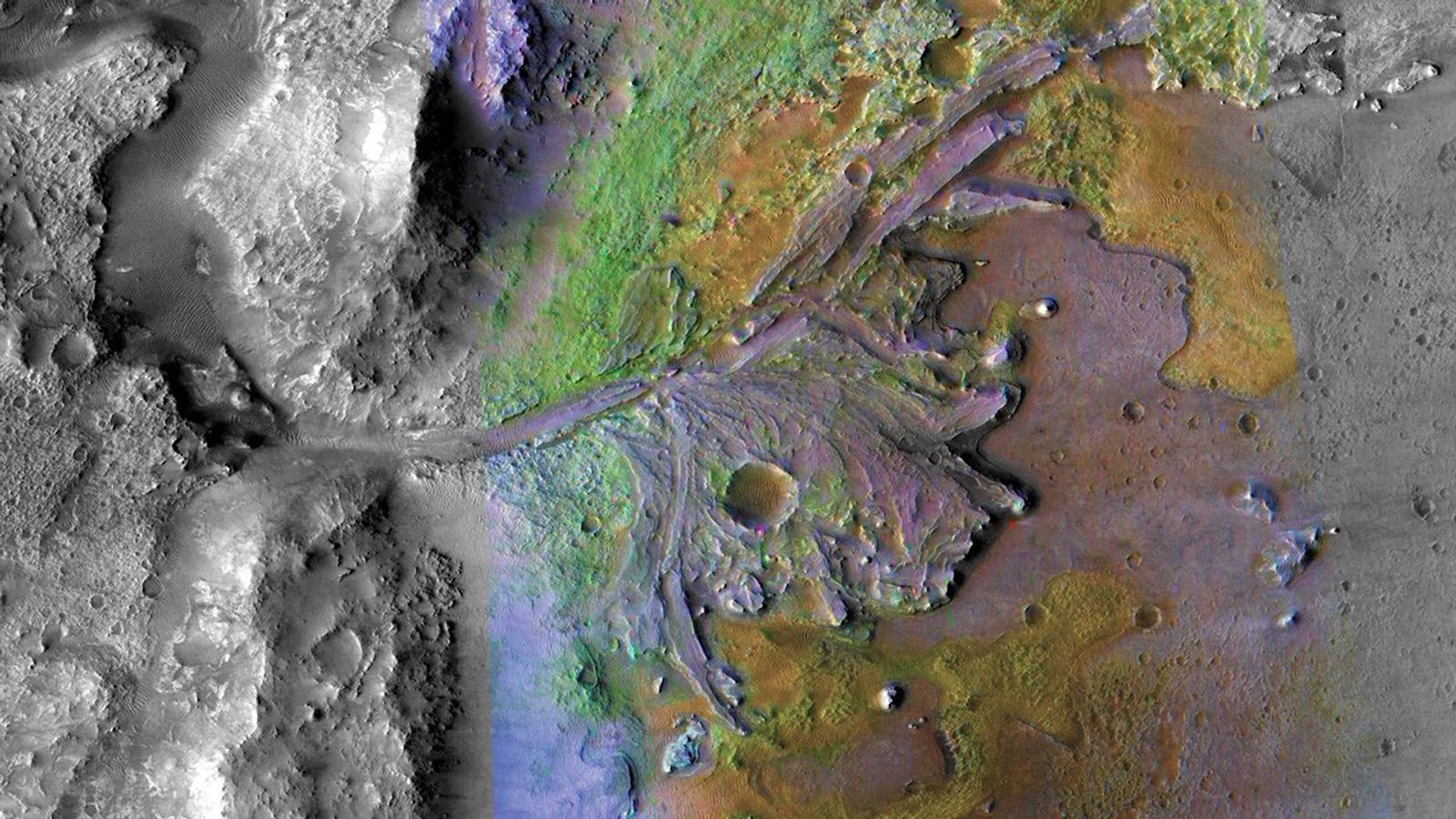Curiosity Blog, Sols 4702-4708: It’s Only Spooky Here on Earth Today!
- Curiosity Rover’s Latest Activities: The rover has been busy analyzing samples from the “Valle de la Luna” site, including drilling and sampling activities.
- Sample Analysis: The rover used its SAM (Sample Analysis at Mars) instrument to analyze the 44th drilled sample, which took a lot of power and left less room for other investigations.
- Imaging Activities: Mastcam took comprehensive imaging of the entire area, including mosaics that document the near-field and far-field distances, to study wind action and atmospheric science.
- ChemCam Investigations: ChemCam investigated the Valle de la Luna drill hole and tailings, as well as target Nazareth, Pachica, Palpana, Anapia, and Bandara to understand chemical diversity and variations.
- Next Steps: The rover will reposition itself on Monday to get a good look at potential next drill targets on the ridge, with decision-making dependent on detailed images from that position.
4 min read
Curiosity Blog, Sols 4702-4708: It’s Only Spooky Here on Earth Today!
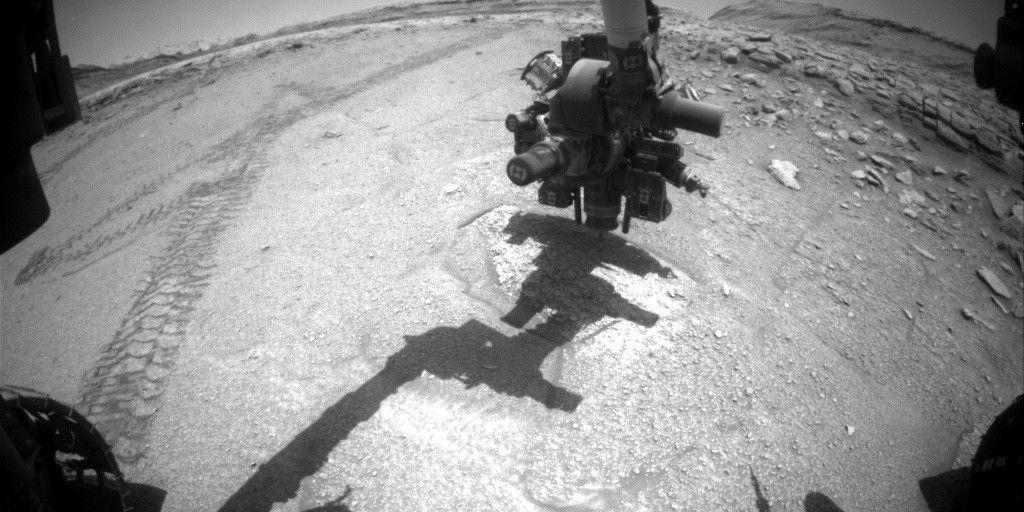
By Susanne P. Schwenzer, Professor of Planetary Mineralogy at The Open University, U.K.
Earth planning date: Friday, Oct. 31, 2025
I am writing this blog and it’s still daytime — and I am looking forward to accompanying one of my favorite kids to trick-and-treating afterwards. That’s a new feeling for me because I am usually in the U.K., which means my Curiosity shifts start in the late afternoon when everyone else finishes working. But for now, I am in the U.S. (Houston, Texas), and it’s daytime, which is a lovely change, especially today as I don’t have to hide from trick-and-treaters’ interruptions but instead can give out all the candy they can possibly eat! Looking forward to that… but before, let’s see what Curiosity was up to this week!
You’ll have seen the blog by my colleague Bill, “Searching for Answers at Monte Grande,” about our analysis of the “Valle de la Luna” sample with CheMin and SAM EGA. This week we were continuing the SAM analysis of the 44th drilled sample, which always takes a lot of power, so that leaves less room for other investigations. Hence, you might notice that there were fewer ChemCam and Mastcam activities. The rover also did not drive while sample is still in the turret ready for delivery of the next SAM activities. Curiosity has now completed the deliveries to CheMin and SAM, though, and the last action in Friday’s plan was to clean out the remaining sample from the drill in preparation for driving away here in Monday’s plan.
In Monday’s plan we’ll reposition the rover to get a very good look at the potential next drill targets on the ridge. We’ve been able to scout them already in previous images and have a few candidates, but decision-making will require images from Monday’s parking position, since we are currently parked in a hollow and cannot really see what’s up on the ridge.
That said, being stationary has always been a golden opportunity for looking at wind action, and this week was no difference as Mastcam looked at the drill fines several times over the time we were stationary, to ascertain the safety for MAHLI to approach — and of course to use those images for atmospheric science, too. In addition, Mastcam took the opportunity to get comprehensive imaging of the entire area. There are several mosaics that document the near-field, for example at target “Nazareth.” In the mid- and far-field distances, Mastcam assembled a large mosaic on “Monte Grande” and “Ticaco” to document the different rocks in the surrounding ridge walls and wider afield. There are so many interesting textures and alteration features, alongside troughs and fractures, that the team will have a fun time analyzing them all in great detail individually, as well as their relationships to each other.
ChemCam has investigated the Valle de la Luna drill hole and tailings as per the usual cadence of post-drilling activities, and in addition investigated target Nazareth to understand how the block that Curiosity drilled might vary chemically. Another ChemCam target was “Pachica,” as the team observed many nodules in this target and we are interested in their chemical variability and “Palpana,” a more smooth block. Further investigations of the Valle de la Luna drill hole with ChemCam are targets “Anapia” and “Bandara” to further investigate the chemical diversity of the drill target block.
ChemCam Remote Micro Imager (RMI) observations were also taken in the near-field and farther away. In the near-field, RMI images are documenting further details on the Valle de la Luna drill hole and its tailings, while further afield the Monte Grande Wall is one of the RMI targets alongside with other details in the boxwork ridges around us. On Friday, the RMI was pointed far uphill to continue imaging the yardang unit, which is one of our next goals in the longer term future.
In addition to all the drill activities and rock investigations, the atmosphere received attention too. We have the usual cadence of environmental investigations, building our long-term pressure, temperature, and humidity record of Mars; and we observe the atmospheric opacity, dust-devil activities, and clouds. Of course, we are all looking forward to next week, when we will decide on the second drill target in this area, this time on the ridge. Let’s see what block will be looking best, both from a science and an engineering point of view – we’ve got a short list of candidates; the detailed images are for Monday’s plan. Meanwhile, we’ll enjoy trick-and-treating here on Earth and our weekends while Curiosity finishes the drill activities at Valle de la Luna.
